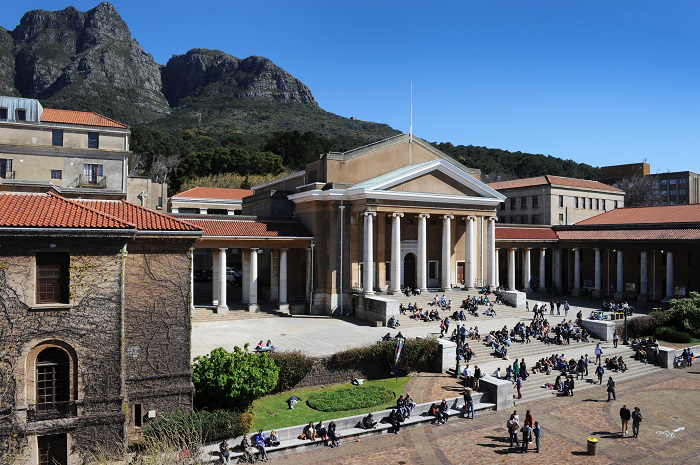UCT rises to 112th in Global University Ranking
26 October 2016 | Story by Newsroom
The University of Cape Town (UCT) has risen dramatically in the third annual 2017 Best Global Universities rankings. The university is ranked 112th globally and 1st in Africa: a leap of 50 places from the previous year. Other South African universities have also seen improvements.
UCT is also ranked in the top 200 globally in 10 subjects, with the highest position at 51st in immunology; other fields are arts and humanities; clinical medicine; environment/ecology; geosciences; microbiology; plant and animal science; social sciences and public health, psychiatry/psychology; and space science.
The Best Global University Rankings is a relative newcomer in the increasingly crowded world university rankings arena, having been created just three years ago. It is produced by US News, a specialist in US education rankings for more than 30 years. The new global rankings are different from most other widely recognised world university rankings in that it focuses solely on research. The methodology measures a university's global and regional research reputation and academic research performance using indicators such as publications, citations (the number of times a publication is referred to) and international collaborations.
The dramatic improvement in UCT's global ranking is most likely the result of the introduction of two indicators of scientific excellence: the number of papers in the top 1% of highly cited papers, and the percentage of total publications in the top 1%. These indicators replace two previous indicators that accounted for the number of PhDs awarded. The throughput of PhDs is a factor in which South African – and indeed African – universities are at a distinct disadvantage compared to most of their global competitors, and indeed the change in methodology has favoured other South African universities too.
"It is heartening to see this strong performance by South African research universities," says Prof Danie Visser, Deputy Vice-Chancellor (Research and Internationalisation). "At a time when our higher education system is under unparallelled stress, we must remind ourselves that, while the research enterprise remains robust, its future is clearly imperilled and we must work together to protect it."
Image by Michael Hammond.
 This work is licensed under a Creative Commons Attribution-NoDerivatives 4.0 International License.
This work is licensed under a Creative Commons Attribution-NoDerivatives 4.0 International License.
Please view the republishing articles page for more information.











